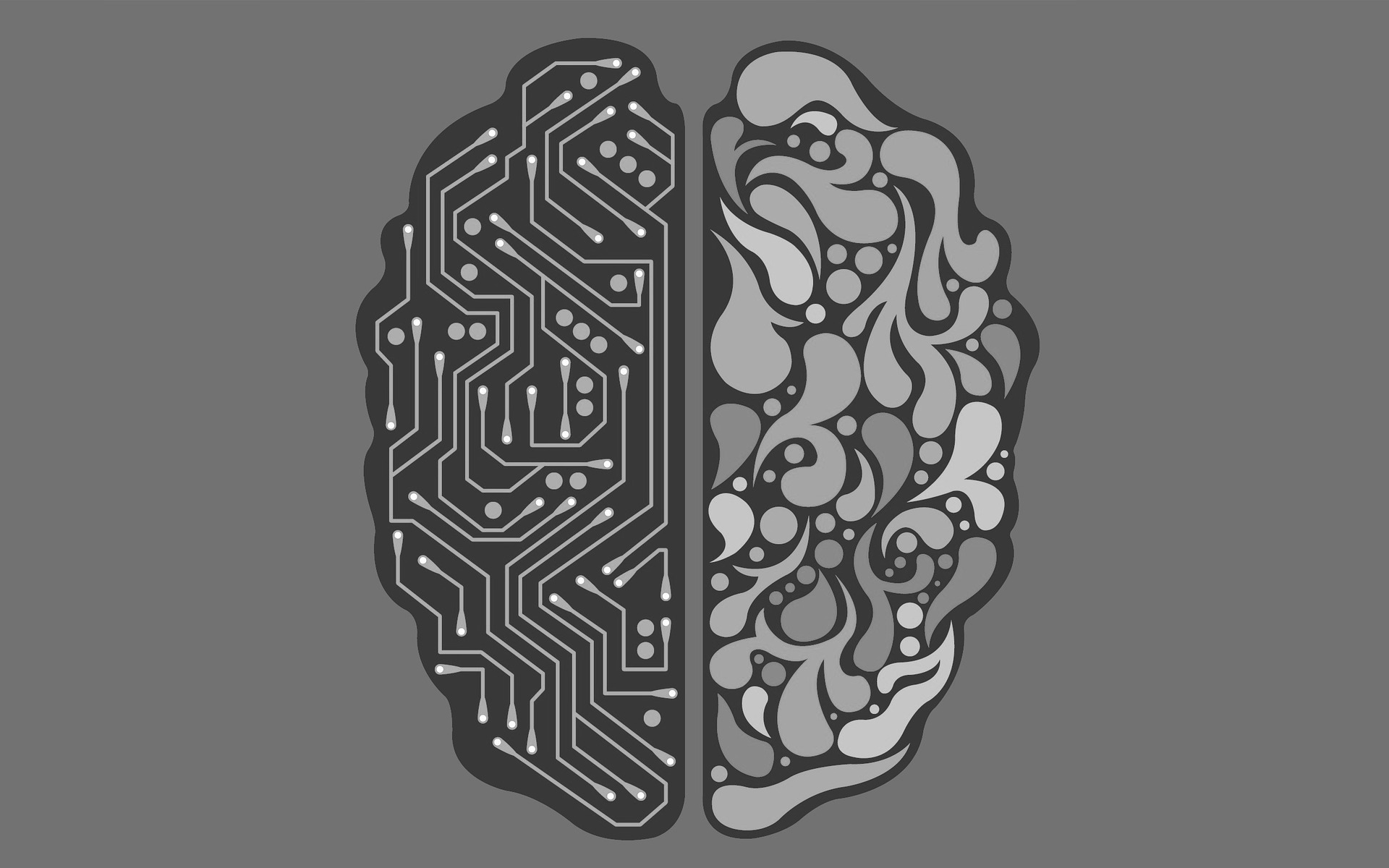-
Communicating the Value of Research: A Two-Way Street

Seven months ago I found myself seated across the table from a dear friend at a small restaurant in Eugene, Oregon, mere weeks from the start of my graduate career. Over dinner and a few drinks, we got to talking about the enormity of this undertaking, exploring all of the parts associated with finally going…
-
Odds Are: On the difference between odds, probability, and risk ratio.

Odds, Probability, Chance, Risks: Interchangeable?Not so much. What does it mean to say “smokers are X times more likely to get lung cancer than non-smokers?” What about when the weather channel says, “there is a 10% chance of rain?” The odds of 1 to 10 of winning? These words are often used in casual conversations as…
-
Graduate Program Interviews: Cognitive Psychology

So you applied to PhD programs in Psychology in the fall, with some kind of interest or focus in cognitive psychology – memory, attention, perception, thinking, learning, cognitive neuroscience, computational modeling of cognition, etc. Now interviews are coming up. Want to get the inside scoop on the interviewing/decision process? What questions to ask, what to…
-
The Neuroscience of Meditation

In 1992, the Dalai Lama invited an up-and-coming neuroscientist, Richie Davidson, out to Dharamsala, India to discuss the future of neuroscience research.
-
Outreach Event: Brain Booths!

Psychology in Action’s Outreach Initiative teamed up with Interaxon, an interdepartmental undergraduate neuroscience educational outreach group at UCLA, to participate in two events with the Los Angeles community. To learn about future Interaxon events, please visit their web calendar. On Saturday, October 19th, 2013, Psychology in Action and Interaxon members hosted a “Brain Booth” at STEAM Nation in Culver…
-
Are genetics destiny for psychiatric disorders?
Are genetics destiny? Simplistic thinkers may say so, but what scientists are learning is that, though many traits are heritable (e.g., height, extraversion, IQ), it is difficult to find a “gene” for the vast majority of traits. At the completion of the human genome project, there were high hopes that single genes could be located…
-
What are the Areas of Study within Psychology?
The field of psychology had its modern origin just over 100 years ago, and yet interest in the field has grown rapidly. Researchers with broad and varied interests have expanded the field, and as a result there are many different subdisciplines. Highlighted here are several key areas of psychology. Biological psychologists apply biological principles to…
-
Emotional Control: Strategies we use for regulating our emotions
Emotions are a central component of the human experience. They facilitate social interactions, allow us to both appreciate and create powerful works in arts and literature, and guide us in achieving personal goals. These are only a few of the myriad ways that demonstrate the important role emotions play in our lives. In a letter…